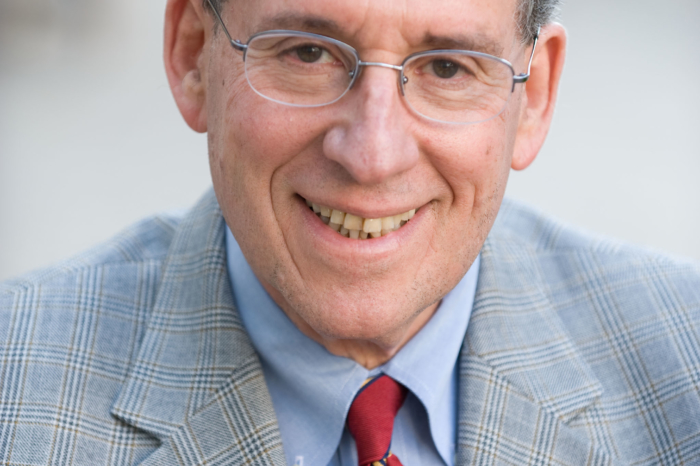Voting for Health: Party Opinions, Election Results & the Healthcare Policy Implications of Election 2020
/0 Comments/in COVID Health, COVID Podcasts, Featured, Healthcare, Podcast Hubwonk /by Editorial StaffJoin Host Joe Selvaggi as he discusses with Harvard Professor Bob Blendon his New England Journal of Medicine Special Report, “Implications of the 2020 Election for U.S. Health Policy,” which covers broad differences in both parties’ view of the role of government in healthcare and what the election results will mean for Americans.
Guest Interview:
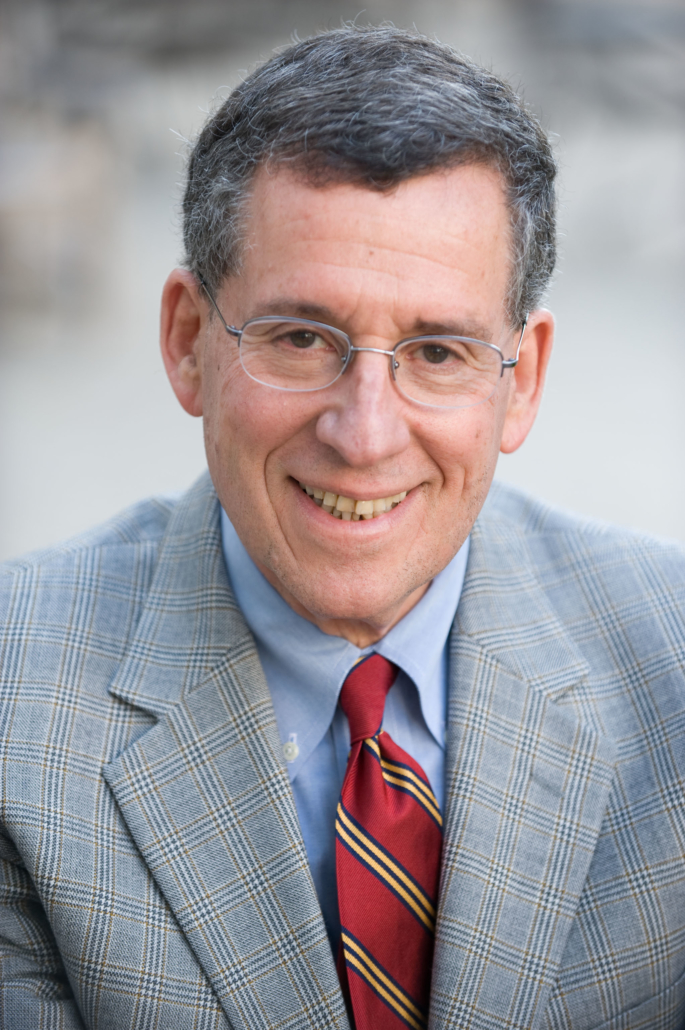 Robert J. Blendon is the Richard L. Professor of Health Policy and Political Analysis at both the Harvard T.H. Chan School of Public Health and the Harvard Kennedy School of Government. In addition, he directs the Harvard Opinion Research Program, which focuses on better understanding of public knowledge, attitudes, and beliefs about major social policy issues in the U.S. and other nations.
Robert J. Blendon is the Richard L. Professor of Health Policy and Political Analysis at both the Harvard T.H. Chan School of Public Health and the Harvard Kennedy School of Government. In addition, he directs the Harvard Opinion Research Program, which focuses on better understanding of public knowledge, attitudes, and beliefs about major social policy issues in the U.S. and other nations.
Dr. Blendon is a member of the Institute of Medicine, of the National Academy of Sciences and of the Council on Foreign Relations, a former member of the advisory board to the Director of the Centers for Disease Control and Prevention, and a former member of the editorial board of the Journal of the American Medical Association.
Get new episodes of Hubwonk in your inbox!
Related Posts
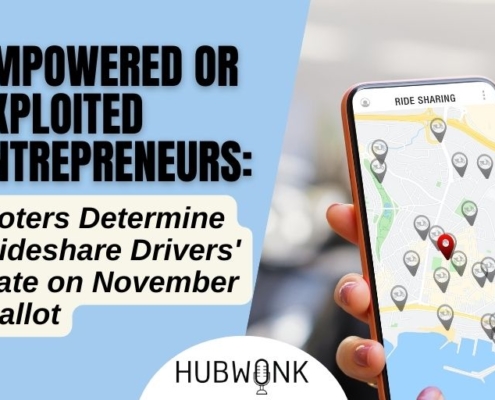
Empowered or Exploited Entrepreneurs: Voters Determine Rideshare Drivers’ Fate on November Ballot

Searching For Space: Massachusetts Real Estate in a Time of Covid
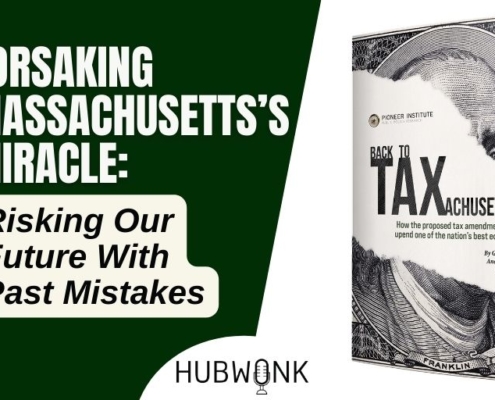
Forsaking Massachusetts’s Miracle: Risking Our Future With Past Mistakes

Doctors With Borders: Curing Shortages With International Lifeline
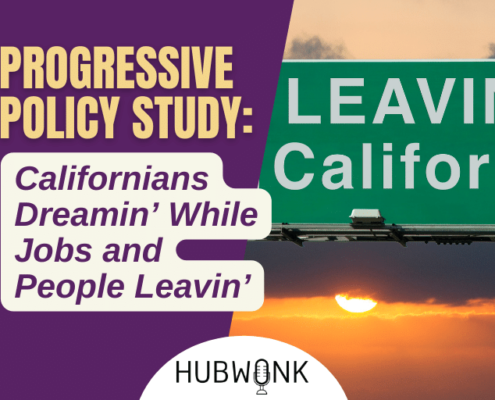
Progressive Policy Study: Californians Dreamin’ While Jobs and People Leavin’

Student Debt Cancellation: Paying For Your Neighbors’ College Education
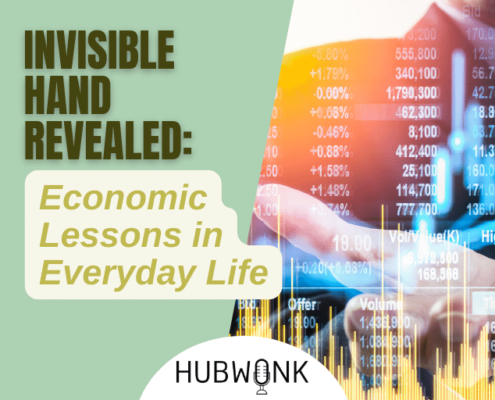
Invisible Hand Revealed: Economic Lessons in Everyday Life
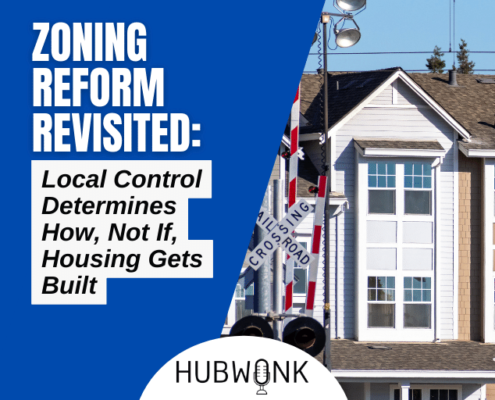
Zoning Reform Revisited: Local Control Determines How, Not If, Housing Gets Built
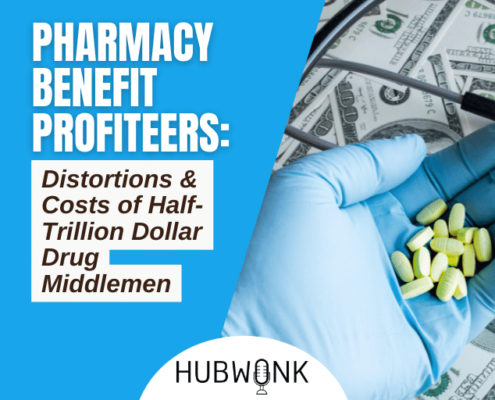
Pharmacy Benefit Profiteers: Distortions and Costs of Half-Trillion Dollar Drug Middlemen
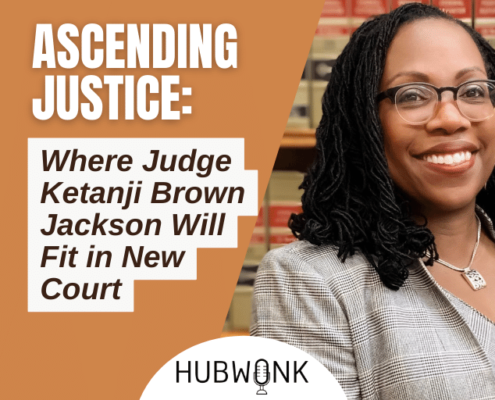
Ascending Justice: Where Judge Ketanji Brown Jackson Will Fit in New Court

Exploiting Charity Drugs: Hospital Program Earns Billions But Forgets Mission
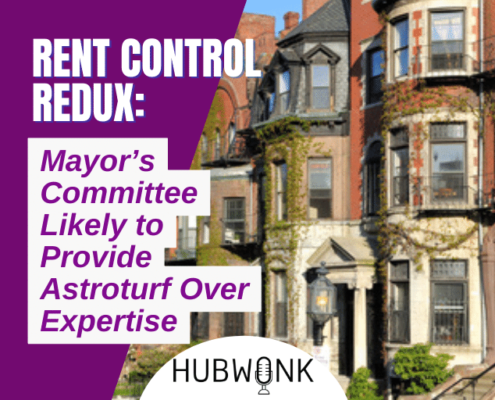
Rent Control Redux: Mayor’s Committee Likely to Provide Astroturf Over Expertise
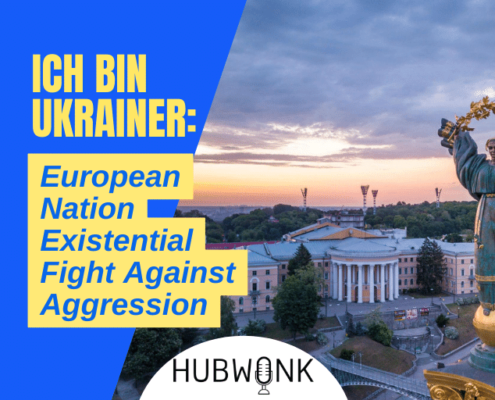
Ich Bin Ukrainer: European Nation Existential Fight Against Aggression

Successful Aging Support: Reimagining Effective and Affordable Long-Term Care Solutions

Pandemic Dead Reckoning: Unseen Casualties of Public Health Interventions
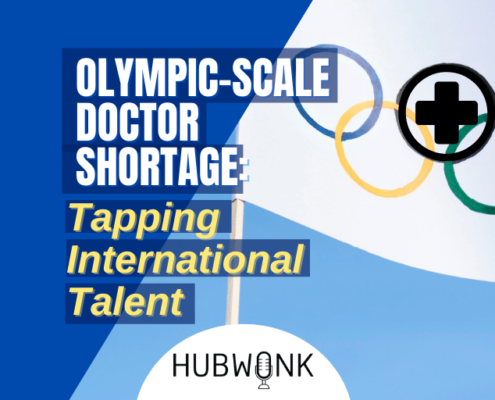
Olympic-Scale Doctor Shortage: Tapping International Talent

Transit Innovation Explored: A Bus As Fast As A Train?
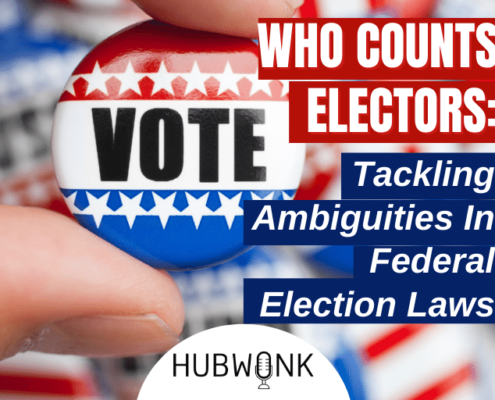
Who Counts Electors: Tackling Ambiguities In Federal Election Laws

